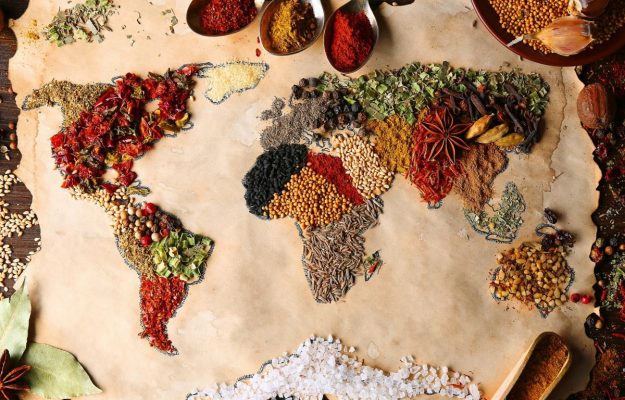Food at the time of globalization, and now of a global pandemic: the Covid emergency has also opened up new questions about the relationship, which has always been debated, on the value of food in the globalized world, so much so that among the most important legacies that economists think it will leave, there is a change in our views on globalization. That must be controlled, because global events make us vulnerable, all in the same way, but to which, an analysis of the weekly “The Economist” highlights, also belongs a global supply chain worth 8 billion dollars, which is equal to 10% of world GDP, employs 1.5 billion people, and which has reacted quickly, adapting to the emergency, allowing millions of companies to do the same.
Since the beginning of the pandemic, globalization, with the opening of markets and open borders (compared to the 2007-2008 crisis, protectionist policies in the world have risen from 19% of food exports to 5% today), made up of rules, but also of competition, has not only allowed giants like Amazon to increase their capacity to sell food alone by 60%, or distribution giants like Walmart to hire something like 150,000 people. It was also a country like Italy that benefited from this, thanks to its industrial structure and production capable of competing on international markets. A survey conducted by WineNews among more than 100 wineries, entrepreneurs, researchers and market operators, revealed that, all things considered, it was also wine exports that held up, even though they were in difficulty due to the lockdown of many countries, with the consequent blockage of catering. On the contrary, in the non-EU area, in the first 4 months there has even been a growth, for the made in Italy wine and food in general, and for wine in particular, which in third countries has seen an increase in exports of 3.3%, for a value of 1.03 billion euros, according to customs data analyzed by Confagricoltura. Although it is a figure that should be read especially in light of the impressive increase in January 2020, with the U.S., a key market, which rushed to stocks for fear of duties, then fortunately not arrived, while February, March and April were months of decline, but not collapse, with losses in the order of -3-4%, which in a similar situation are to be welcomed almost as a success.
But the pandemic, says Michael Pollan, one of the most important journalists and gastronomic writers, in “The New York Review of Books”, has uncovered the weaknesses of the system based on the centralization and concentration of the food industry, showing us on the one hand farmers forced to throw away crops, on the other hand the endless queues outside supermarkets. In the lockdown, small economies and local production paid a very high price, while the giants of the food industry continued, if not increased, their business by continuing to supply the whole planet with food.
And perhaps the time has really come to review the whole system and to radically rethink it on a more local, ethical and social justice scale, as well as respect for the environment.
Copyright © 2000/2026
Contatti: info@winenews.it
Seguici anche su Twitter: @WineNewsIt
Seguici anche su Facebook: @winenewsit
Questo articolo è tratto dall'archivio di WineNews - Tutti i diritti riservati - Copyright © 2000/2026







































































































































































































